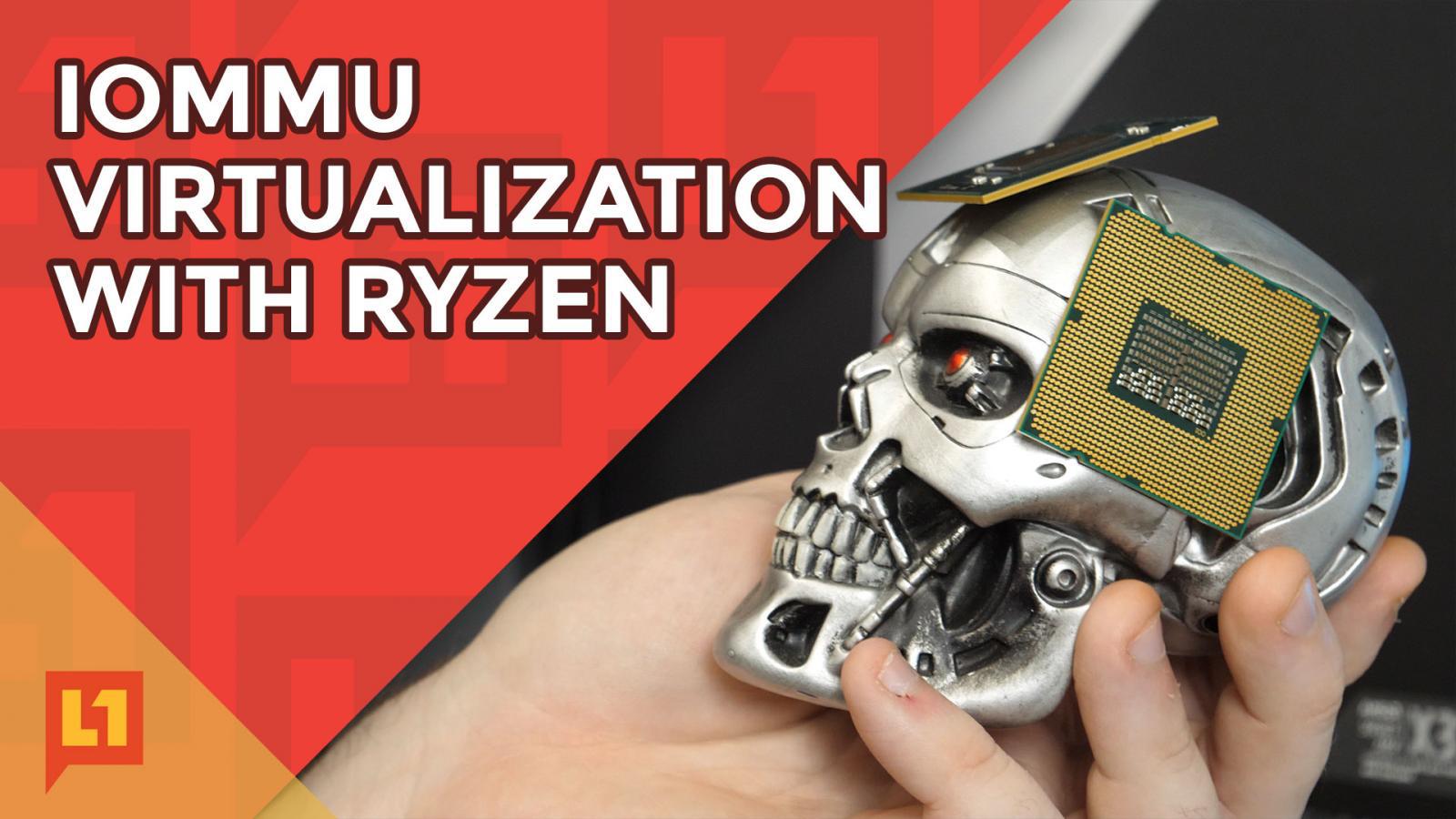I've got a Ryzen build I'm about to put together, but I was doing just fine with my old 3570k build. I almost wonder if I should have waited to see how Coffee Lake performs since I have to buy a new motherboard either way and will keep the same computer for 5 years or so. Oh well. It will be interesting to see how things turn out over the next 12 months.
One thing to consider is that Intel dumps sockets all the time, AM4 motherboard you are good until at least 2020. I got a Ryzen 1700X and I'll probably replace it with a Zen 2 or 3 processor.
















